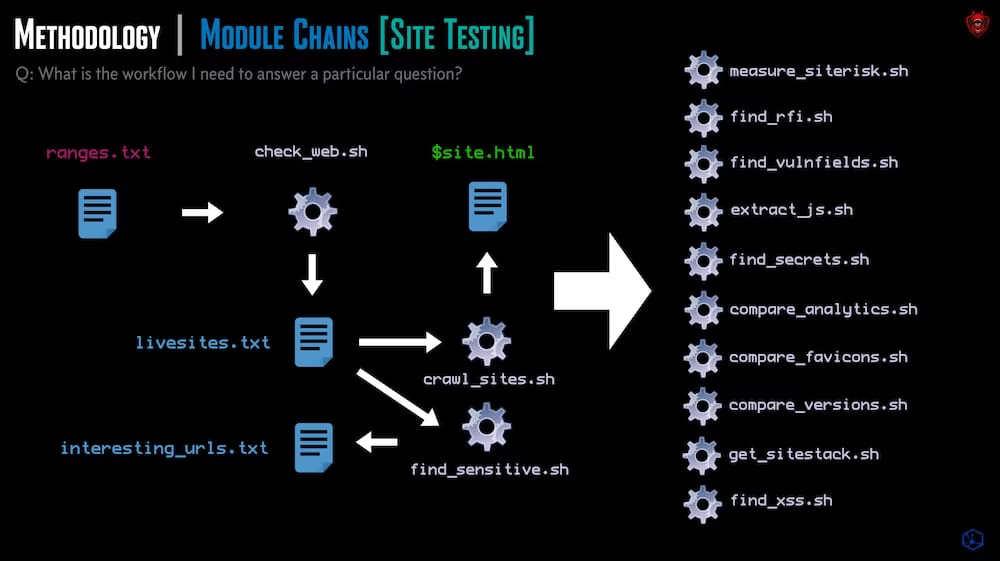Algorithmic vs. Faith-based Learning

I think there are two primary ways to learn something. You can expose yourself to some knowledge and hope it sticks, or you can use that new information to tangibly update the methodology you have for doing something.
I call the first, Faith-Based Learning. It’s where you read a book about nutrition, or dieting, or good habits, and you get this feeling of accomplishment. But then a few weeks later you haven’t changed anything about your behavior. And over the next few months and years, you will barely remember what you read.
I am an advocate of what I call Algorithmic Learning, which is where you have methodologies for doing things—like a daily routine—or managing your finances, and when you learn something you adjust your methodology.
Faith-based Learning Example: You currently don’t do any exercise in the morning, and you have far too little fiber in your diet. But then you read a book that says exercise is best in the morning, and that grains are really good for you. You Tweet about it, but you don’t actually make any changes, and a few months later you can’t remember what that book actually said.
"Most people" too often includes me.
That’s what most people do with what they learn. Nothing.
Algorithmic Learning Example: You currently don’t do any exercise in the morning, and you have far too little fiber in your diet. But then you read a book that says exercise is best in the morning, and that grains are really good for you. So you go and buy 5 cylinders of Quaker oats and commit to eating oatmeal breakfast every single morning. You also update your morning_routine.md file on Github to reflect the change.
Another example is what I talk about in my recent DEFCON/Red Team Village talk > on security automation. Rather than just looking at a bunch of security talks, you can use what I talk about in there to create new modules based on new techniques, which keeps your methodology evergreen.
Not all activities have activities that can or should be captured into text files, but many do. And making a change to a list of steps—an algorithm—is a tangible way to convert new knowledge into new behavior.
This is not a fix for having low self-discipline. You still have to actually do what’s in your algorithm. But it is a way to concretely benefit from the time you spend on learning.
Notes
I don’t mean to use faith-based as a slur here. I think faith is bad in certain places and magical for others. For science and learning, not so much. But for meaning and joy and love—it’s brilliant.